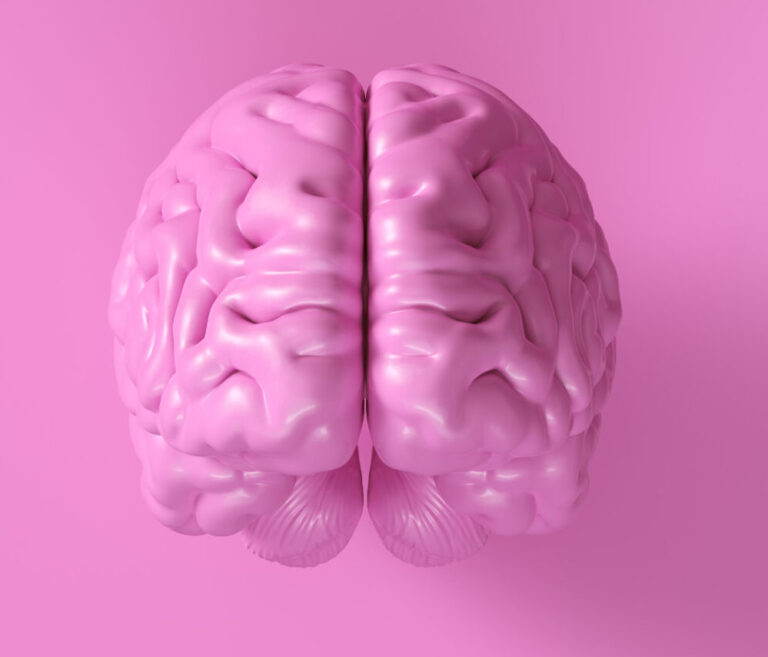Does falling in seniors worsen medication side effects?

Falling in seniors can significantly worsen medication side effects, creating a complex and dangerous cycle that increases health risks and complicates treatment. This relationship is multifaceted, involving how falls affect the body’s response to medications, how medications themselves increase fall…








